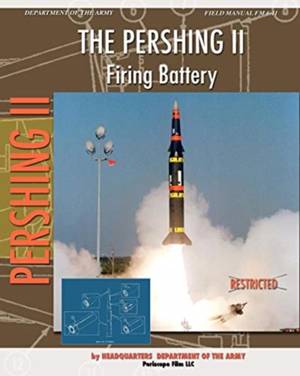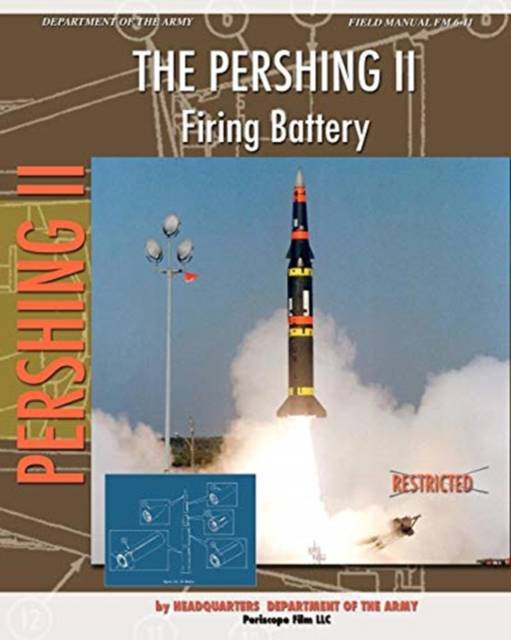
- Retrait gratuit dans votre magasin Club
- 7.000.000 titres dans notre catalogue
- Payer en toute sécurité
- Toujours un magasin près de chez vous
- Retrait gratuit dans votre magasin Club
- 7.000.0000 titres dans notre catalogue
- Payer en toute sécurité
- Toujours un magasin près de chez vous
15,45 €
+ 30 points
Description
Designed to replace the Redstone, the Pershing I, 1a and II missiles served for three decades as the U.S. Army's primary nuclear-capable, theater-level weapon. A solid-fueled, two-stage missile capable of Mach 8.0 flight, Pershing I first flew in 1960. Three years later, three missile battalions deployed to West Germany. Pershing I's solid-fueled design offered much greater flexibility and safety than Redstone, and much faster launch response. While Redstone required up to twenty fuel and support vehicles, the Pershing system featured only four. The most important was the transport erector launcher (TEL), which transported the missile and guidance sections, and a carrier that transported the warhead. Once the warhead was mated, the TEL served as launch platform. First deployed in 1969, the improved Pershing Ia featured enhanced electronics and faster support vehicles, allowing it to fulfill a quick reaction alert role. This included a new TEL capable of tilting a horizontal missile to launch position in a mere nine seconds. The follow-on Pershing II system used active radar guidance and a maneuverable re-entry vehicle for enhanced accuracy. It carried the W86 bunker-busting nuclear warhead (5-50 kilotons). Equipped with a self-orienting guidance system, the Pershing II could be delivered to any surveyed site and launched at a target within minutes. It was deployed to Europe and fully operational by 1985.The presence of the Pershing II incentivized strategic negotiations between the Soviet Union and the USA. In October of 1988, after the signing of the Intermediate-Range Nuclear Forces Treaty, Pershing II missiles were withdrawn from service. Fifteen were preserved for display purposes, with the rest destroyed in compliance with the treaty. Originally created in 1986, this Pershing II Field Manual describes doctrine, techniques, considerations and planning factors to maintain combat readiness and sustain combat operations. This includes discussions of key personnel and the training of sections, platoons, and the battery as a whole.
Spécifications
Parties prenantes
- Auteur(s) :
- Editeur:
Contenu
- Nombre de pages :
- 150
- Langue:
- Anglais
Caractéristiques
- EAN:
- 9781937684655
- Date de parution :
- 11-12-12
- Format:
- Livre broché
- Format numérique:
- Trade paperback (VS)
- Dimensions :
- 203 mm x 254 mm
- Poids :
- 312 g

Les avis
Nous publions uniquement les avis qui respectent les conditions requises. Consultez nos conditions pour les avis.






